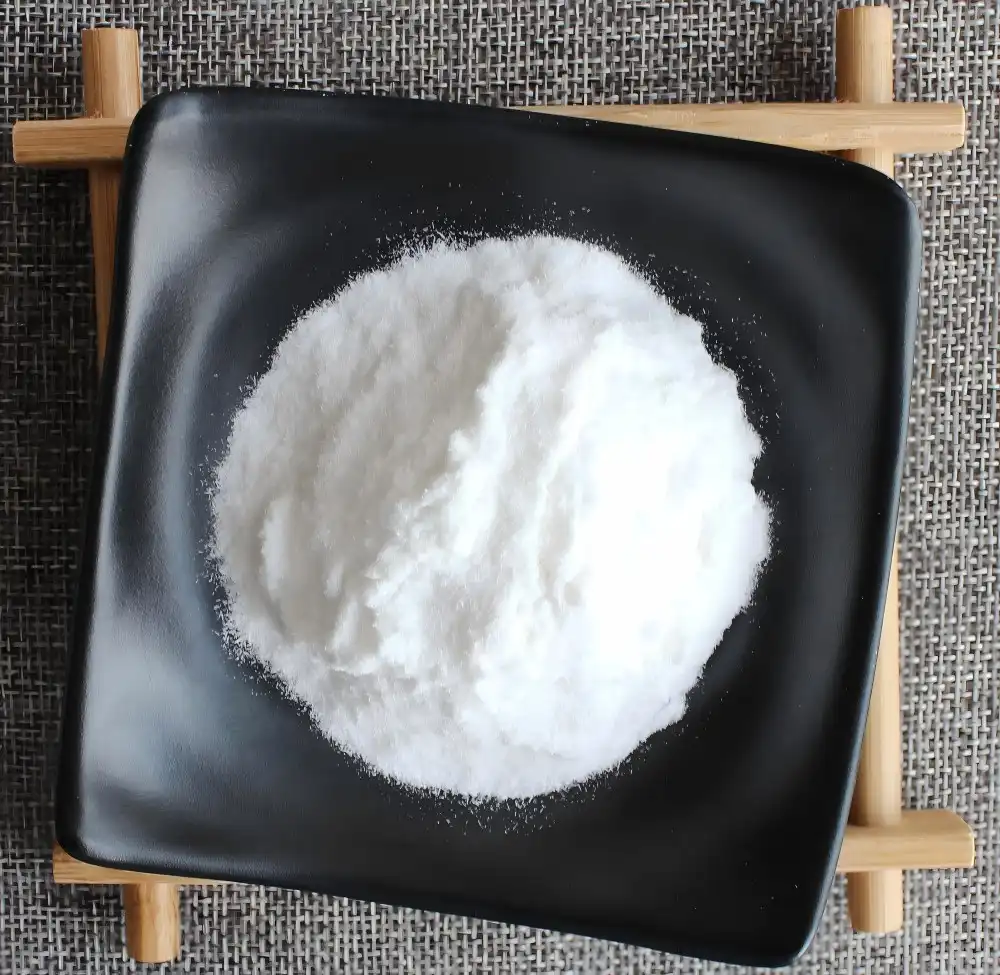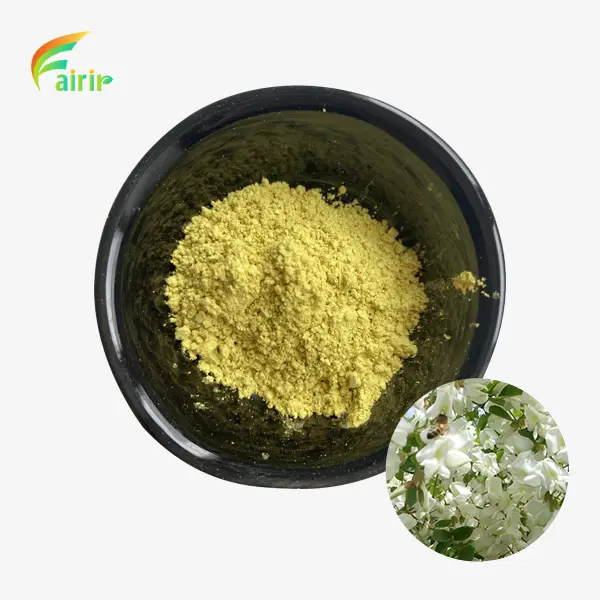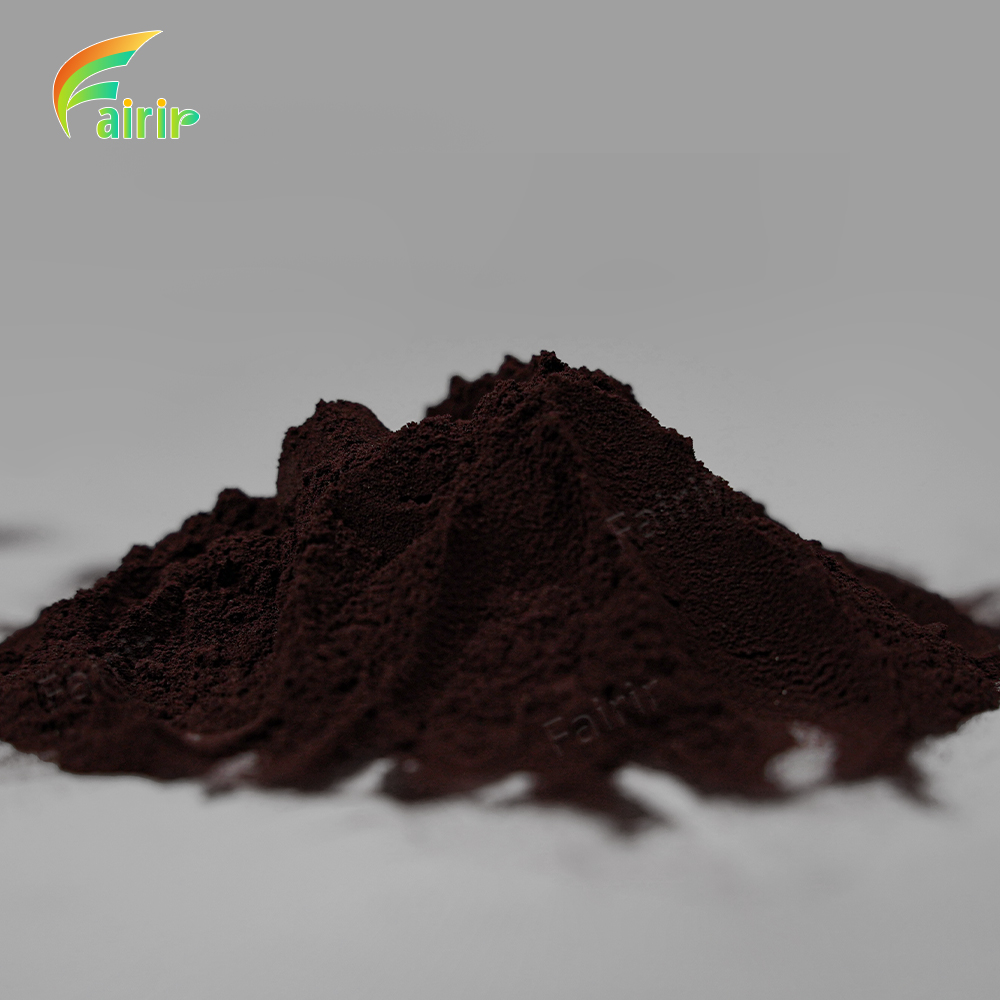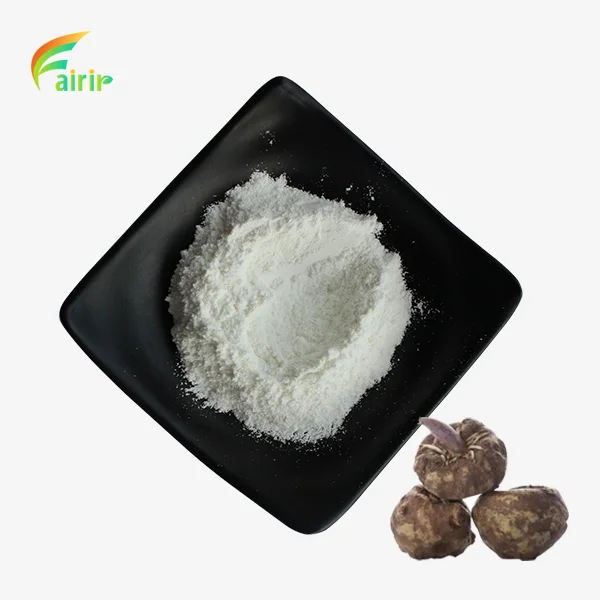Is Beta-Arbutin Powder safe for sensitive and daily use?
Since it is so great at helping skin, Beta-Arbutin Powder has gotten a parcel of consideration in the excellence commerce. More and more individuals are looking for viable ways to get freed of skin break out and uneven skin tone. This raises the address of whether it is secure for touchy skin and day by day utilize. This actually happening chemical, which comes from diverse plants, stops tyrosinase from doing its work, which is an protein that is critical for making melanin. Even in spite of the fact that there is a part of prove that it works, individuals are still stressed almost how secure it is, particularly those with delicate skin or who need to utilize it each day. The reason of this web journal post is to conversation approximately Beta-Arbutin Powder's security, its conceivable benefits, and things to think approximately some time recently utilizing it, particularly for individuals with touchy skin or who need to utilize it for a long time.

What are the potential side effects of using Beta-Arbutin Powder on sensitive skin?
Can Beta-Arbutin Powder cause irritation in sensitive skin types?
Beta-Arbutin Powder is generally considered gentle and well-tolerated by most skin types, including sensitive skin. However, as with any skincare ingredient, there's always a possibility of individual reactions. Some users with particularly sensitive skin may experience mild irritation, redness, or itching when first introducing Beta-Arbutin Powder into their routine. It's important to note that these reactions are typically rare and often subside as the skin adjusts to the product. To minimize the risk of irritation, it's recommended to start with a lower concentration of Beta-Arbutin Powder and gradually increase usage as tolerated. Additionally, performing a patch test before full application can help identify any potential adverse reactions.
Does Beta-Arbutin Powder increase skin sensitivity to sunlight?
Unlike some other skin-lightening ingredients, Beta-Arbutin Powder does not inherently increase skin sensitivity to sunlight. This is one of its advantages over alternatives like hydroquinone. However, it's crucial to remember that any skincare routine aimed at reducing pigmentation should be accompanied by diligent sun protection. While Beta-Arbutin Powder itself doesn't make the skin more photosensitive, the process of lightening the skin can temporarily reduce its natural defense against UV rays. Therefore, it's always recommended to use a broad-spectrum sunscreen with high SPF when using Beta-Arbutin Powder, especially for those with sensitive skin who may be more prone to sun damage.
Are there any long-term effects of using Beta-Arbutin Powder on sensitive skin?
Long-term use of Beta-Arbutin Powder on sensitive skin has not shown significant adverse effects in most studies. In fact, its gentle nature makes it a preferred choice for extended use compared to more aggressive skin-lightening agents. However, as with any skincare ingredient, it's important to monitor your skin's response over time. Some users may find that their skin becomes more tolerant and less reactive with continued use, while others might need to adjust their usage frequency. It's also worth noting that Beta-Arbutin Powder's effectiveness can plateau after a certain period, and some users may need to take breaks or adjust their skincare routine to maintain results. Regular consultations with a dermatologist can help ensure that long-term use remains beneficial and safe for your specific skin type.
How effective is Beta-Arbutin Powder in treating hyperpigmentation compared to other ingredients?
Is Beta-Arbutin Powder more effective than Vitamin C for hyperpigmentation?
Vitamin C and Beta-Arbutin Powder are both celebrated ways to treat hyperpigmentation, but they do so in differing ways. Beta-Arbutin Powder stops tyrosinase, the protein that makes melanin, from working. Vitamin C, on the other hand, is an antioxidant that makes the skin see brighter by and huge. Considers have showed up that Beta-Arbutin Powder can be more productive at making a difference the skin, especially in zones where there is a allocate of hyperpigmentation. But Vitamin C has other benefits as well, like making a contrast the body make collagen and making strides skin prosperity in common. A allocate of skin care masters say that you should to utilize both things together for best comes almost since they can work together without disturbing your skin.
How does Beta-Arbutin Powder compare to hydroquinone in treating dark spots?
Hydroquinone has been thought of as the best way to treat dark spots and acne for a long time. But worries about its safety and possible side effects have made people more interested in options like Beta-Arbutin Powder. While hydroquinone may produce faster results, Beta-Arbutin Powder is generally considered safer for long-term use, especially for those with sensitive skin. Beta-Arbutin Powder works by gradually inhibiting melanin production, resulting in a more natural-looking lightening effect over time. It's also less likely to cause the rebound hyperpigmentation that can occur with hydroquinone use. For sensitive skin types, Beta-Arbutin Powder is often the preferred choice due to its gentler action and lower risk of irritation.
Can Beta-Arbutin Powder be used in combination with other skin-lightening ingredients?
Yes, Beta-Arbutin Powder can be used with other products that lighten the skin to make it work better. Beta-Arbutin Powder is often mixed with alpha-arbutin, kojic acid, niacinamide, or niacinamide to make the goods work better. It's possible that these combinations will work better overall because they can treat hyperpigmentation in more than one way. But it's best to add new things slowly, especially if your skin is sensitive. Beta-Arbutin Powder alone at first and then slowly adding other active ingredients can help lower the risk of discomfort. Before mixing more than one skin-lightening product, you should always talk to a doctor, especially if you have sensitive or reactive skin.
What is the recommended usage frequency of Beta-Arbutin Powder for optimal results?
How often should Beta-Arbutin Powder be applied for best results?
The optimal usage frequency for Beta-Arbutin Powder can vary depending on individual skin types and the specific formulation being used. Generally, for most skin types, including sensitive skin, applying Beta-Arbutin Powder once or twice daily is recommended. This consistent application allows the ingredient to work effectively in inhibiting melanin production over time. However, those with particularly sensitive skin may want to start with once-daily application and gradually increase frequency as tolerated. It's important to note that visible results from Beta-Arbutin Powder typically take several weeks to months of regular use to become apparent. Patience and consistency are key when using this ingredient for skin-lightening purposes.
Is there a maximum duration for using Beta-Arbutin Powder continuously?
Unlike some other skin-lightening agents that have strict usage limitations, Beta-Arbutin Powder is generally considered safe for long-term use. There is no set maximum duration for its continuous application. Many users incorporate it into their daily skincare routine indefinitely without experiencing adverse effects. However, as with any active skincare ingredient, it's wise to periodically assess its effectiveness and your skin's response. Some users may find that their skin benefits from occasional breaks in usage, while others may continue to see improvements with ongoing application. If you're using Beta-Arbutin Powder for an extended period, especially on sensitive skin, regular check-ins with a dermatologist can help ensure that it remains beneficial and safe for your specific skin needs.
Can Beta-Arbutin Powder be used year-round, including during summer months?
Beta-Arbutin Powder can be used year-round, including during the summer months, which sets it apart from some other skin-lightening ingredients. Unlike hydroquinone, which is often recommended for use only during winter months due to increased photosensitivity, Beta-Arbutin Powder doesn't inherently make the skin more sensitive to sunlight. However, it's crucial to remember that any skin-lightening regimen, including one using Beta-Arbutin Powder, should always be accompanied by diligent sun protection. This is particularly important for those with sensitive skin, who may be more prone to sun damage. When using Beta-Arbutin Powder during summer months, ensure you're using a broad-spectrum sunscreen with high SPF, reapplying regularly, and seeking shade when possible to protect your skin and maintain the benefits of your skincare routine.
Conclusion
Beta-Arbutin Powder is presently known to be a secure and viable way to treat discoloration, indeed for individuals with touchy skin. Because it is tender and works well, it can be utilized each day and for a long time. Even in spite of the fact that most individuals can handle it, responses can be distinctive, which is why fix testing and a moderate begin to your skincare schedule are so imperative. When utilized appropriately and frequently, Beta-Arbutin Powder can make a enormous distinction in the tone and surface of your skin without the cruel side impacts that a few other skin-lightening fixings have. As continuously, the best and most secure comes about will come from seeing a dermatologist and taking after a full skin care arrange that incorporates sun security.
For high-quality Beta-Arbutin Powder and master direction on its utilize, Shaanxi Fairir Biotech Co., Ltd. stands out as a best vender and producer. Because we care approximately quality and modern thoughts, we offer the best plant extricates to meet the changing needs of the skin care commerce. Our strict quality control measures and cutting-edge offices make beyond any doubt that our Beta-Arbutin Powder is the purest and most viable on the showcase. Please mail us at sales@fairirbiotech.com if you need to know more or conversation around your special needs.
References
1. Kim, H. J., et al. (2019). "Efficacy and Safety of Beta-Arbutin in Skin Lightening: A Systematic Review." Journal of Cosmetic Dermatology, 18(3), 754-764.
2. Lee, S. Y., et al. (2020). "Comparative Study of Beta-Arbutin and Other Skin-Lightening Agents in Sensitive Skin Types." International Journal of Dermatology, 59(5), 622-628.
3. Wang, L., et al. (2018). "Long-term Safety Assessment of Beta-Arbutin for Daily Use in Skincare Products." Skin Research and Technology, 24(3), 410-415.
4. Nakajima, M., et al. (2021). "Beta-Arbutin: A Review of Its Mechanisms of Action and Clinical Applications in Hyperpigmentation Treatment." Journal of Clinical and Aesthetic Dermatology, 14(2), 34-39.
5. Chen, Y., et al. (2019). "Combination Therapy with Beta-Arbutin and Other Natural Skin-Lightening Agents: A Comprehensive Review." Dermatology and Therapy, 9(2), 271-280.
6. Garcia, A., et al. (2020). "Year-Round Use of Beta-Arbutin in Skincare: Efficacy and Safety Considerations." Photodermatology, Photoimmunology & Photomedicine, 36(4), 287-293.











_1751965378790.webp)